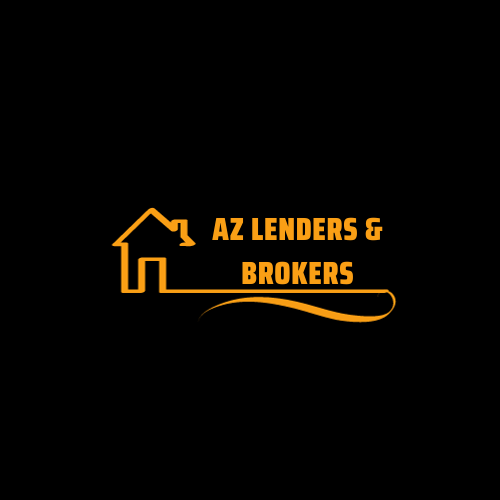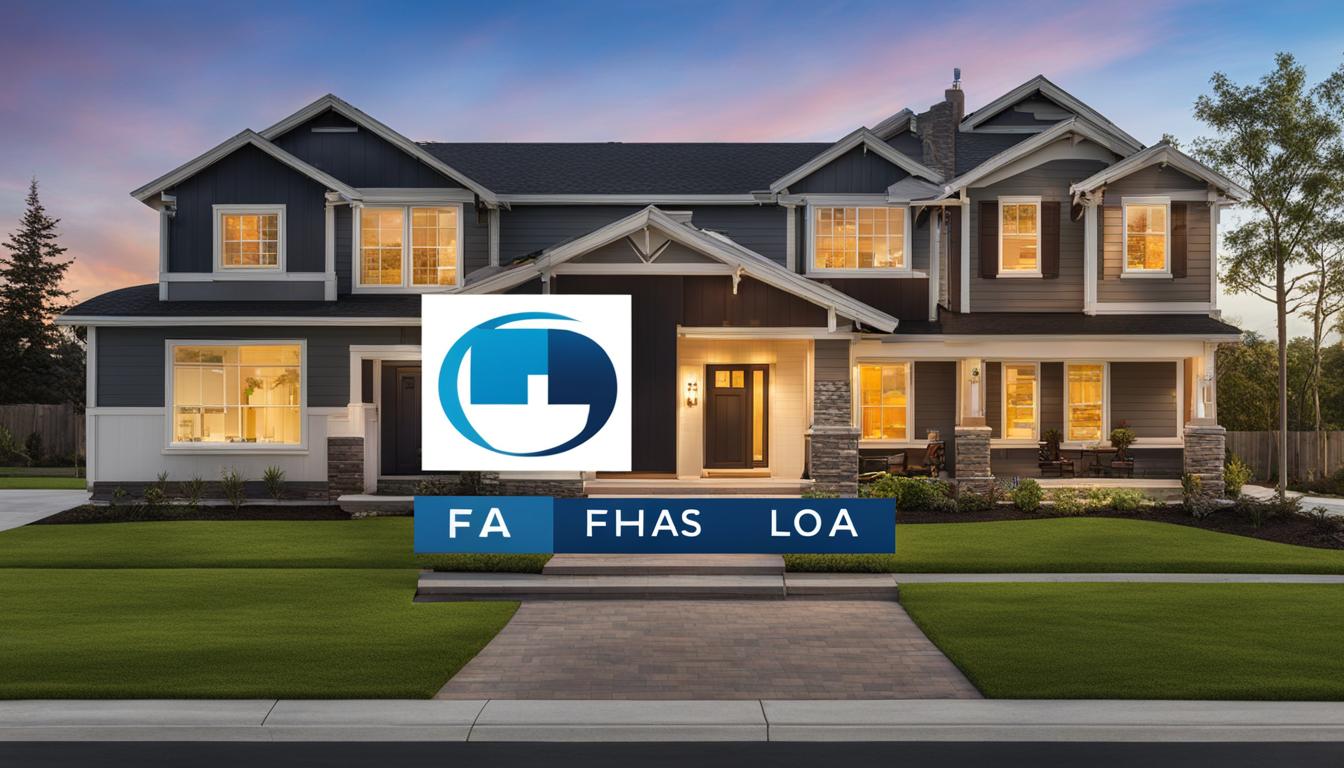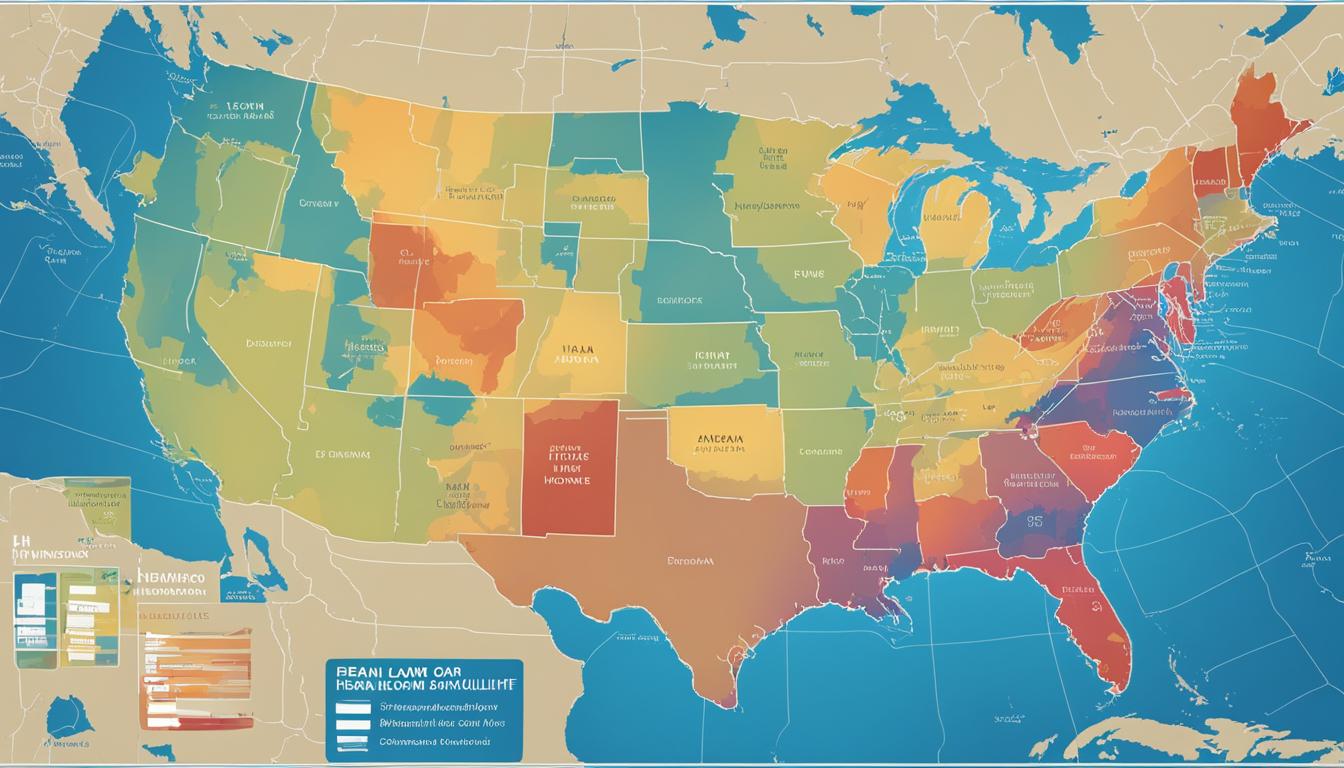When it comes to financing your home purchase, you have several options available, including FHA loans and conventional loans. Understanding the differences and advantages of each can help you make an informed decision that aligns with your financial goals.
FHA loans, also known as Federal Housing Administration loans, are government-backed loans that are available to all buyers. These loans typically have more flexible requirements, including lower credit scores and down payments, making them a popular choice for first-time homebuyers. On the other hand, conventional loans are not insured by a federal agency and are offered by private lenders. While they may require higher credit scores and down payments, conventional loans offer more options and flexibility in terms of loan amounts and repayment terms.
Whether you should choose an FHA loan or a conventional loan depends on your unique circumstances and preferences. Consider factors such as your credit score, down payment amount, and long-term financial goals. To help you make an informed decision, let’s explore the requirements and benefits of each loan type in more detail.
Key Takeaways:
- FHA loans are backed by the Federal Housing Administration and have more flexible requirements.
- Conventional loans are not insured by a federal agency and offer more options and flexibility.
- FHA loans are popular among first-time homebuyers due to their low down payment requirements.
- Conventional loans may require higher credit scores and down payments but offer benefits like avoiding mortgage insurance with a 20% down payment.
- Consider your financial situation and long-term goals when choosing between an FHA loan and a conventional loan.
FHA Loan Requirements and Benefits
When considering an FHA loan for your home purchase, it’s important to understand the specific requirements and benefits that come with this type of loan. FHA loans are designed to help first-time homebuyers and those with lower credit scores or limited savings for a down payment.
To qualify for an FHA loan, you’ll need to meet certain criteria. The minimum credit score requirement is typically 580, although borrowers with scores as low as 500 may still qualify with a larger down payment. This lower credit score requirement makes FHA loans more accessible to a wider range of buyers.
One of the main advantages of an FHA loan is the low down payment requirement. With an FHA loan, you can purchase a home with a down payment as low as 3.5% of the purchase price. This is particularly beneficial for first-time homebuyers who may not have a large savings account. However, it’s important to note that FHA loans do require mortgage insurance premiums, both upfront and ongoing, which can increase the overall cost of the loan.
Additionally, FHA loans are available to all buyers, not just first-time homebuyers. This means that even if you’ve previously owned a home, you may still be eligible for an FHA loan if you meet the other requirements. It’s important to carefully consider the benefits and drawbacks of an FHA loan based on your specific financial situation and homeownership goals.
FHA Loan Requirements and Benefits
| Requirement | Description |
|---|---|
| Credit Score | Minimum credit score requirement is typically 580, although borrowers with scores as low as 500 may qualify with a larger down payment. |
| Down Payment | Minimum down payment requirement is as low as 3.5% of the purchase price. |
| Mortgage Insurance | Requires both upfront and ongoing mortgage insurance premiums, which can increase the overall cost of the loan. |
| Availability | Available to all buyers, not just first-time homebuyers. |
Conventional Loan Requirements and Benefits
When considering a conventional loan for your home purchase, there are specific requirements and benefits to keep in mind. Unlike FHA loans, conventional loans have stricter criteria that borrowers must meet. Typically, a minimum credit score of 620 is required, although certain lenders may have higher score requirements.
One of the primary advantages of a conventional loan is the potential to avoid mortgage insurance if your down payment is 20% or more. This can lead to lower monthly payments and long-term cost savings. Additionally, conventional loans offer more flexibility in terms of loan amounts, repayment terms, and property types. However, it’s important to note that conventional loans may not be as accessible for borrowers with lower credit scores or limited savings for a down payment.
When deciding on a conventional loan, carefully assess your financial situation and goals. Consider your credit score, available funds for a down payment, and your long-term objectives. By comparing the requirements and benefits of conventional loans to your specific needs, you can make an informed decision that aligns with your homeownership goals.
FAQ
What is the difference between an FHA loan and a conventional loan?
FHA loans are backed by the Federal Housing Administration and are available to all buyers, while conventional loans are not insured by a federal agency and are offered by private lenders.
What are the requirements for an FHA loan?
The minimum credit score for an FHA loan is typically 580, but borrowers with scores as low as 500 may qualify with a larger down payment. The down payment requirement is as low as 3.5% of the purchase price.
What are the advantages of an FHA loan?
The main advantage of an FHA loan is the low down payment requirement, which is attractive for first-time homebuyers who may not have a large savings account. Additionally, FHA loans are available to all buyers, not just first-time homebuyers.
Are there any drawbacks to an FHA loan?
FHA loans require mortgage insurance premiums, both upfront and ongoing, which can increase the overall cost of the loan.
What are the requirements for a conventional loan?
The minimum credit score for a conventional loan is typically 620. The down payment requirement is typically 3% or more, depending on the lender and the borrower’s credit profile.
What are the advantages of a conventional loan?
One of the main advantages of a conventional loan is the ability to avoid mortgage insurance if the down payment is 20% or more. Conventional loans also offer more flexibility in terms of loan amounts, repayment terms, and property types.
Are there any drawbacks to a conventional loan?
Conventional loans may not be as accessible to borrowers with lower credit scores or limited savings for a down payment.





